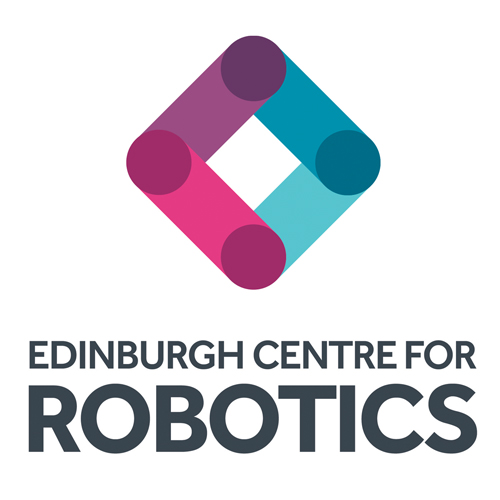Title
The world as its own best controller: The case of anthropomorphic robots
Abstract
Let us consider a robotic system consisting of the controller and the world—the robot’s body and the environment it is interacting with. With classical control, the controller by its internal functionality finds appropriate actions on the basis of the history of sensor values, guided by the goals, intentions, objectives, learning schemes ... planted into it. The idea is that the controller controls the world as reliable as possible. Does it make sense, to invert this way of thinking, i. e. to make the world to control its controller in the first place? The talk presents a solution with a controller that is empty of any system-related functionalities as it is given by a fixed, explicit and context-free function of the recent history of the sensor values. We demonstrate with both simulated and real robots how this system realizes a self–determined “life” of its own. In particular, we use a muscle-tendon driven arm-shoulder system from the Myorobotics toolkit. From the videos you can witness a new kind of robotics: when left alone, the arm starts realizing all kinds of poses. Then, by applying physical forces, one can also entrain the system into definite motion patterns. But most interestingly, after attaching an object, the system gets in a functional resonance with the object’s inner dynamics: metaphorically speaking, with a half-filled bottle the system develops into a cocktail shaker and after attaching a pendulum to the tip of the arm, the emerging behavior remembers a magic-pendulum fortune-teller. All this and much more can be observed in a single run, without stopping the system or manipulating the controller in any way, and is a direct consequence of making the world its own best controller. More details for the simulated systems in [1].

